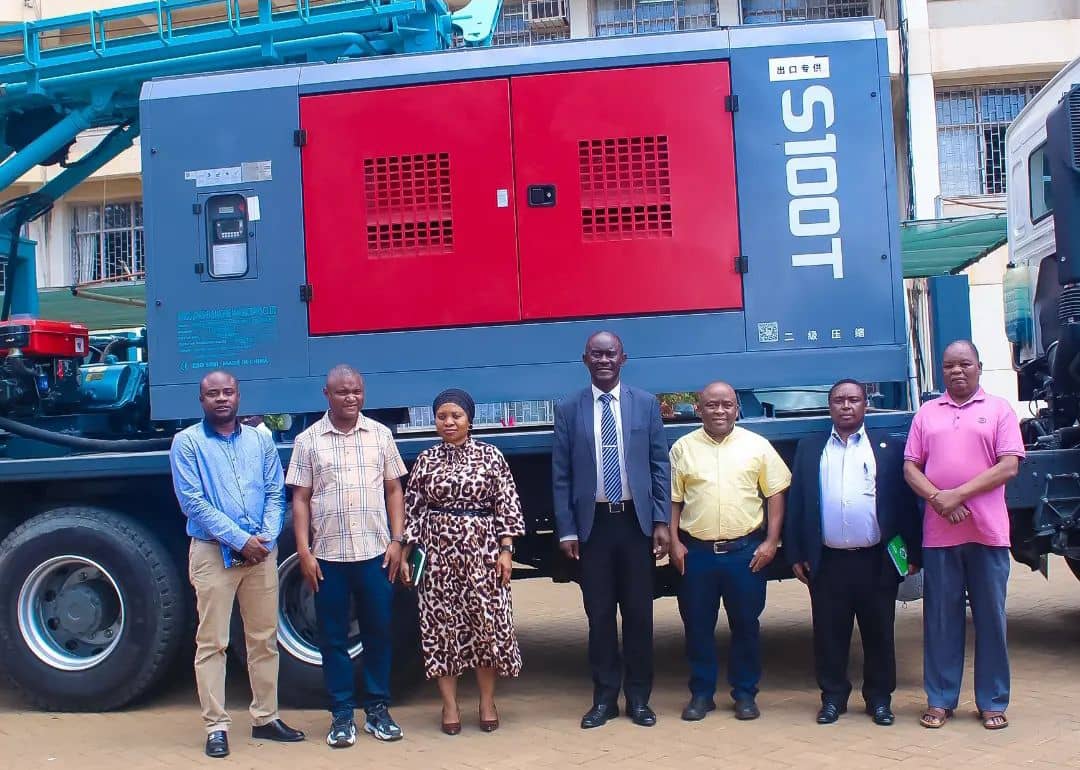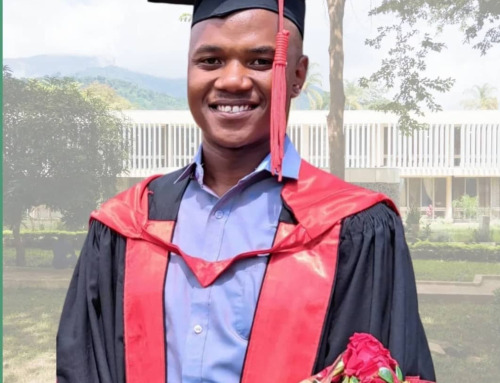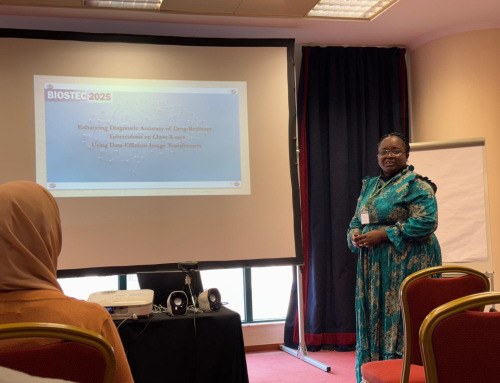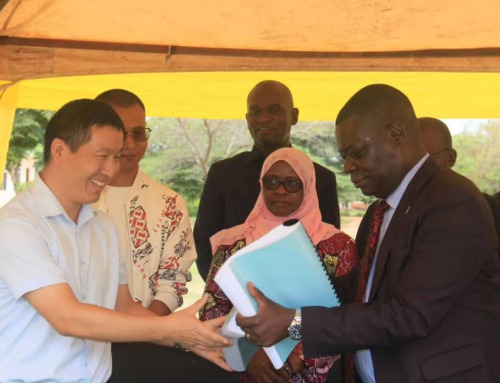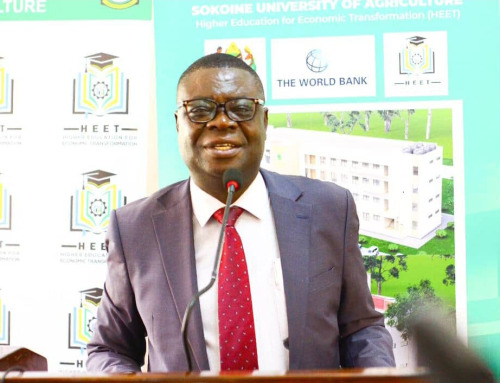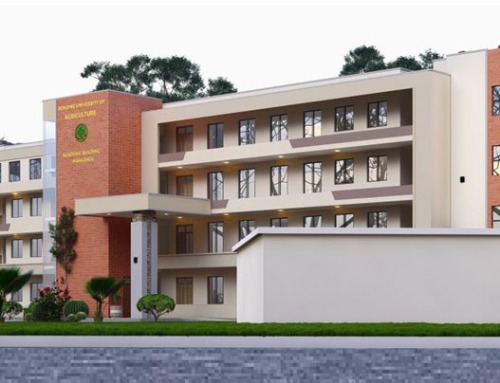To combat water scarcity and strengthen its educational programs, Sokoine University of Agriculture (SUA) has procured a state-of-the-art well-drilling rig. The acquisition, made possible by the Higher Education for Economic Transformation (HEET) project, represents a strategic investment in resolving water shortages and enhancing practical training for students pursuing degrees in fields such as water and agricultural engineering.
The formal handover of the equipment took place on September 11, 2024, at the Edward Moringe Campus. During the event, Prof. Ibrahimu Mjemah, SUA’s Director of Planning and Investment, highlighted the rig’s critical role in advancing the university’s mission. He emphasized that by securing this large, modern drilling rig, SUA aims to address the persistent water shortages affecting its campuses and surrounding communities. “This rig marks a significant milestone in our efforts to improve water availability, which is essential for academic and practical purposes,” Prof. Mjemah said.
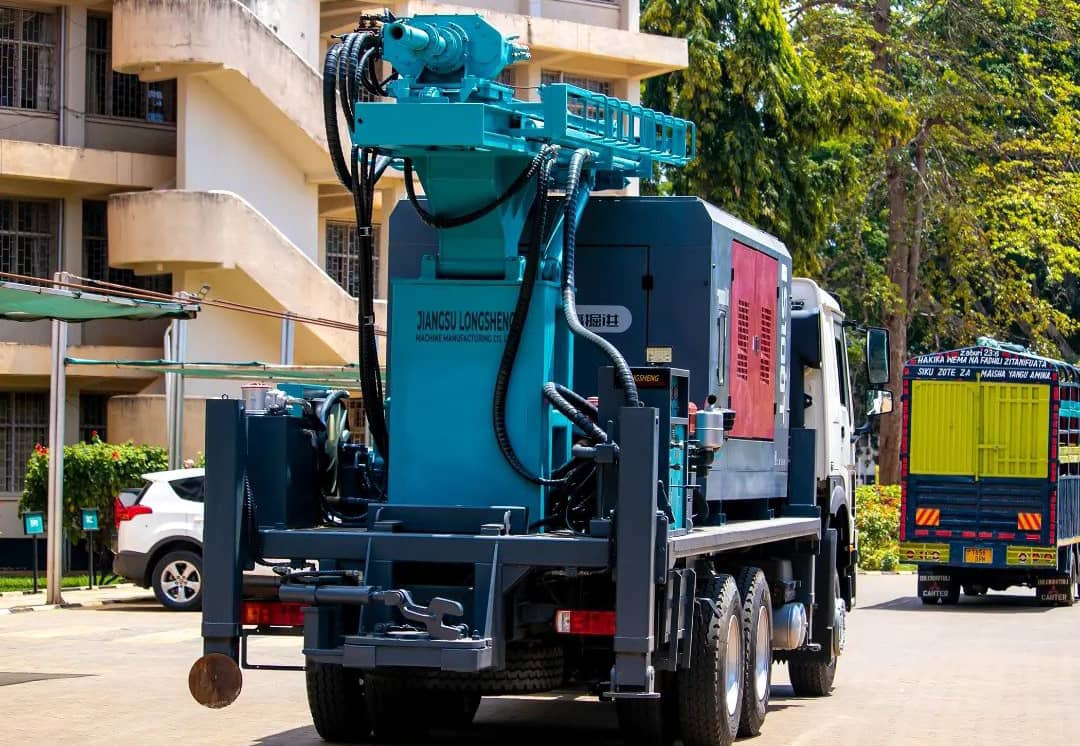
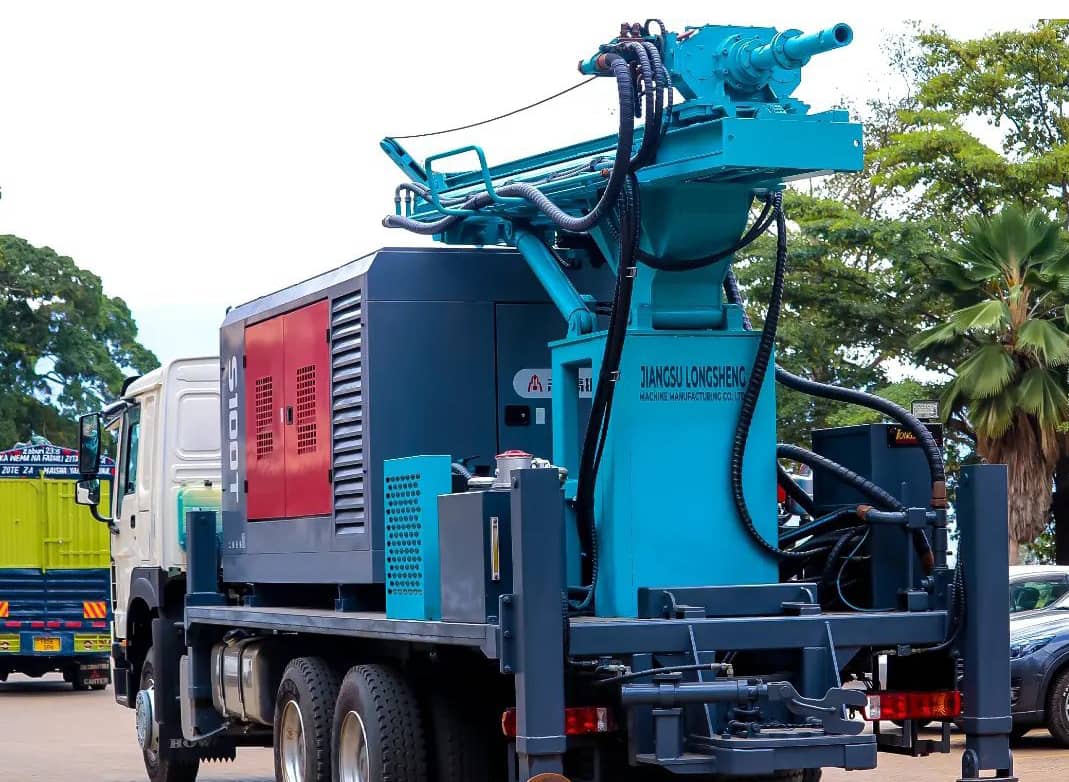
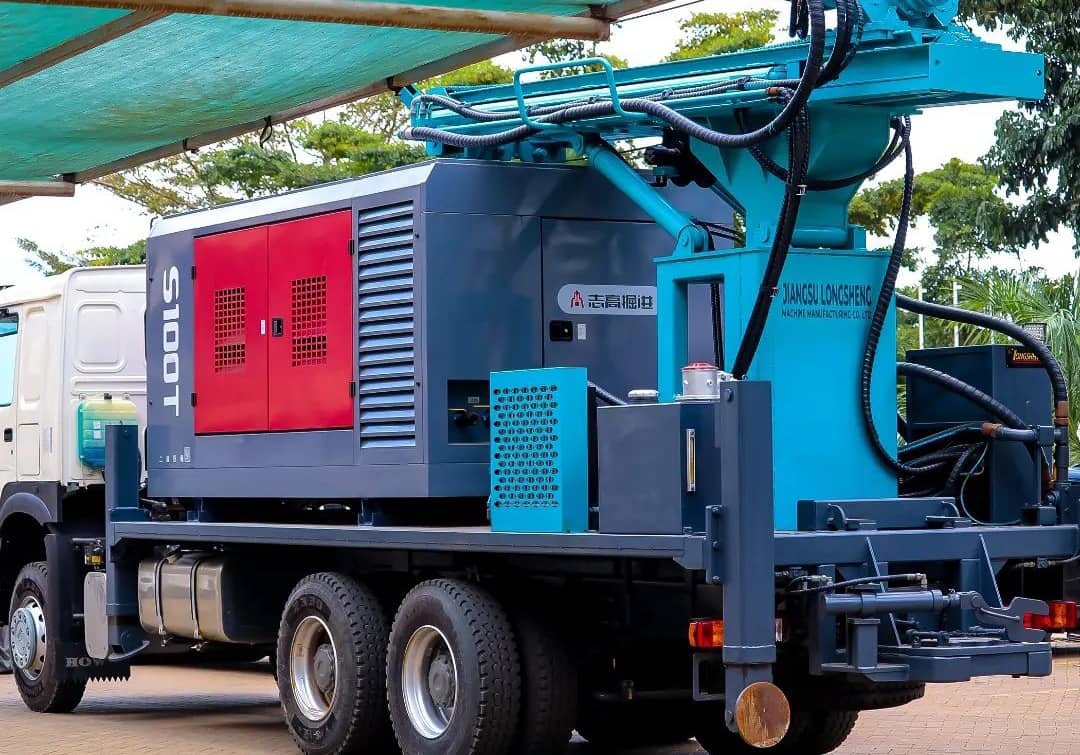
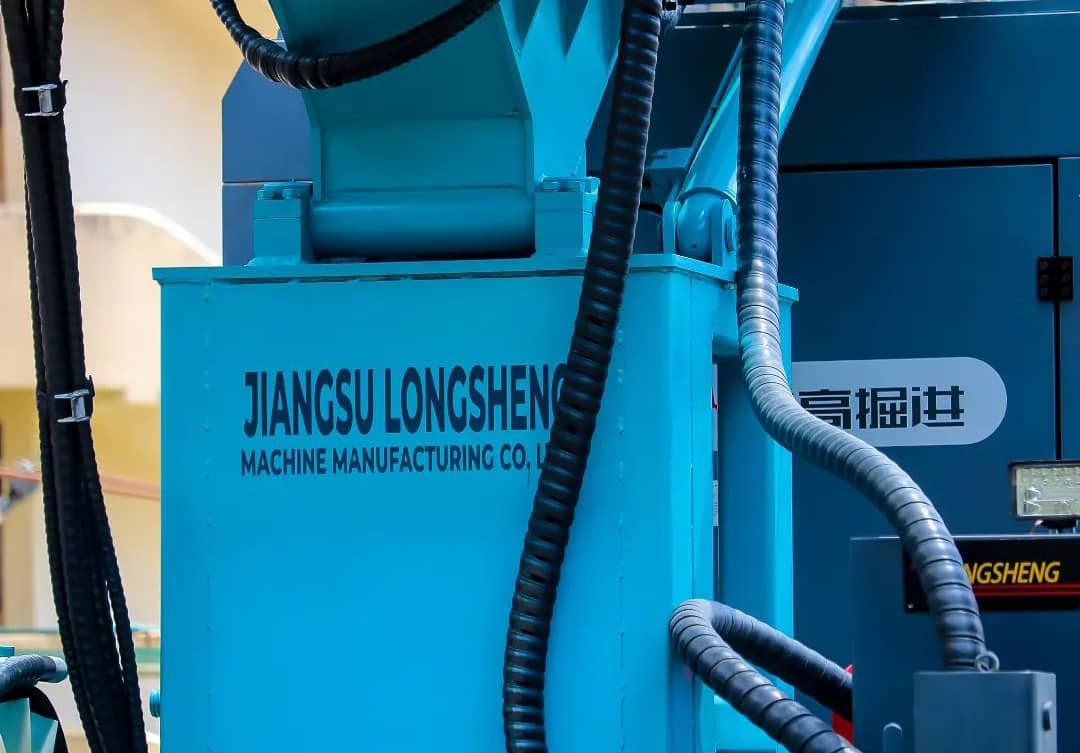
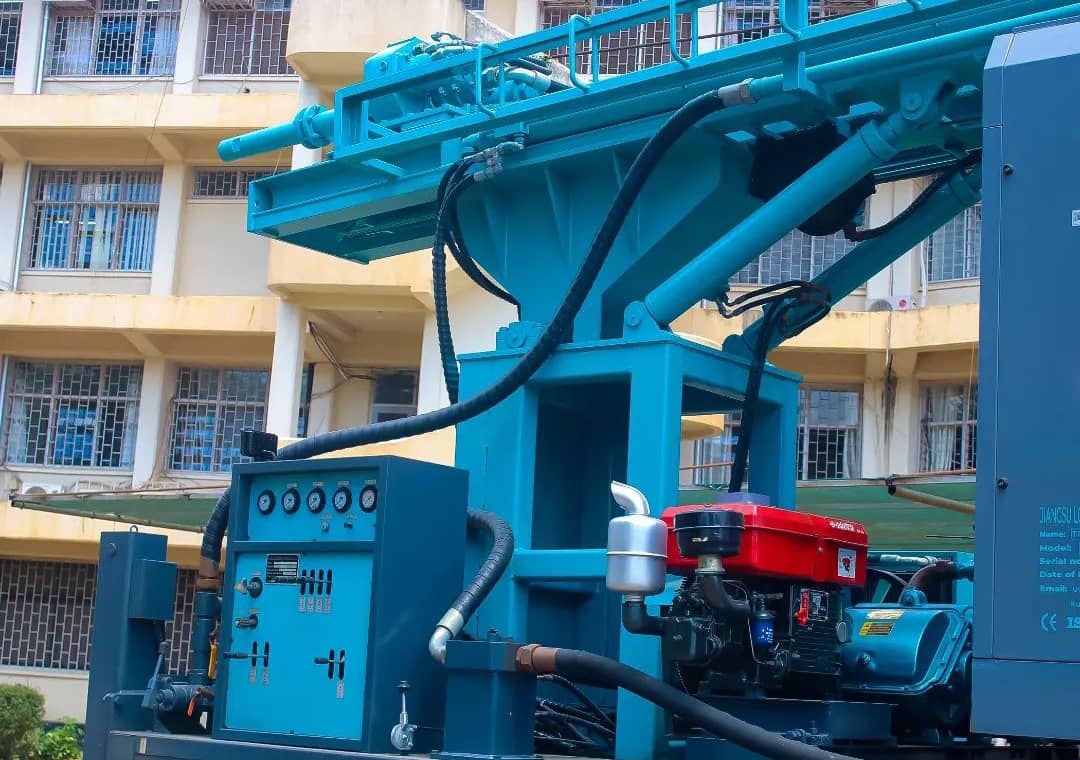
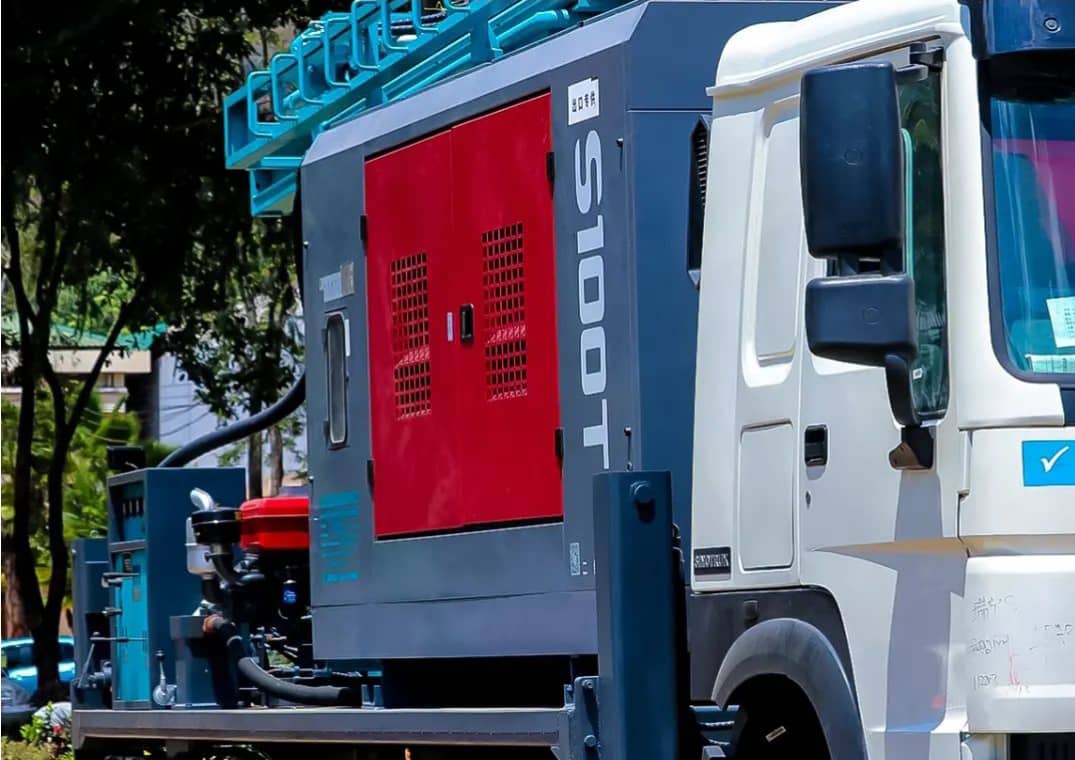
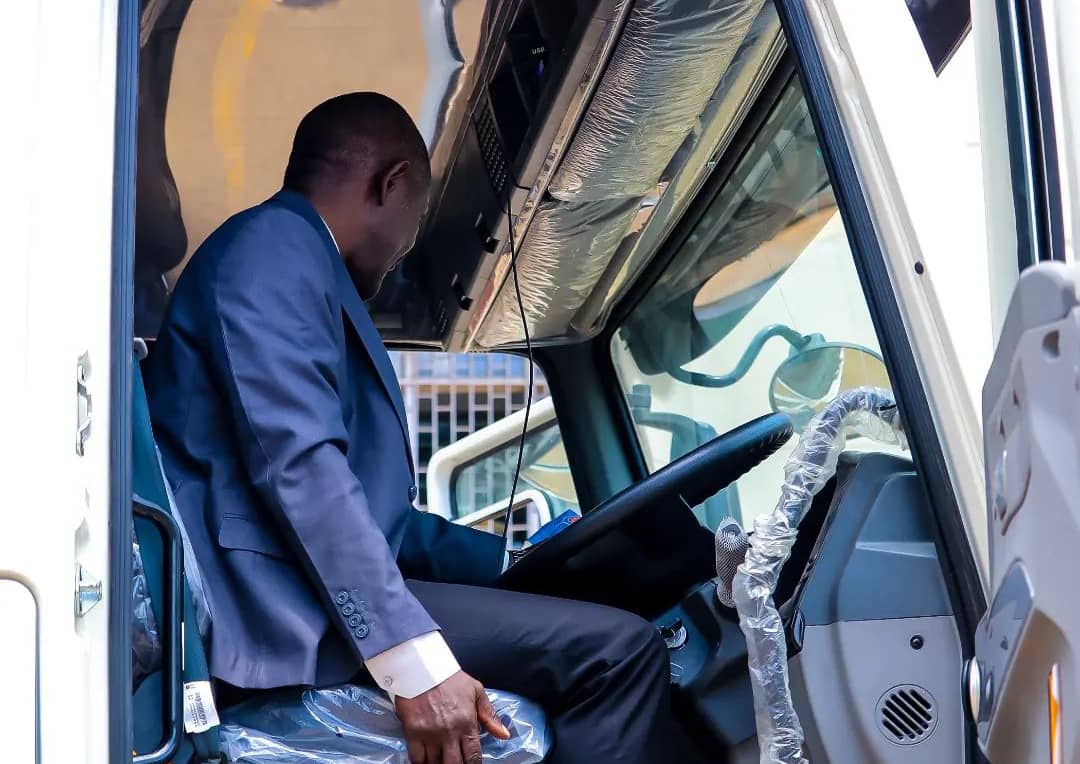

He explained that sufficient access to water is crucial for the university’s training farms, where students apply their classroom knowledge to real-world agricultural challenges. The rig will enable the university to enhance its irrigation capabilities, ensuring that these farms can thrive year-round. Moreover, it will serve as a key training tool for students, giving them hands-on experience in well drilling and water resource management.
“This is not just about solving our immediate water problems; it’s about investing in the future. By providing our students with access to cutting-edge equipment, we are helping to train the next generation of agricultural engineers and water management experts,” Prof. Mjemah stated.
The newly acquired rig can drill wells as deep as 300 to 500 meters, providing a sustainable water source for all SUA campuses. Beyond meeting the university’s water needs, the rig will also be deployed to serve nearby regions that face similar water scarcity challenges, supporting both daily consumption and agricultural irrigation efforts.
Prof. Mjemah expressed profound appreciation to the HEET project for facilitating the acquisition of the rig. He underscored that the equipment will significantly improve the efficiency of the university’s agricultural operations, particularly its model training farms. “With a more reliable water supply, we can enhance both the educational experience and the productivity of our agricultural projects,” he concluded.
The well-drilling rig is expected to play a pivotal role in supporting SUA’s broader efforts to address water-related challenges in Tanzania, while also advancing research, education, and community outreach in sustainable water and agricultural practices.

